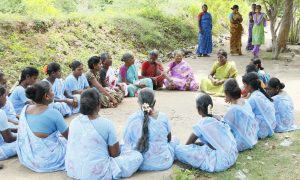 In 2012 we started our #micro-finance program. We provide 90% of the cost of purchasing a cow or sewing machine to impoverished mainly #Dalit mothers. These women live in rural communities, generally without access to clean water or sanitation or power.
In 2012 we started our #micro-finance program. We provide 90% of the cost of purchasing a cow or sewing machine to impoverished mainly #Dalit mothers. These women live in rural communities, generally without access to clean water or sanitation or power.
Mothers self-help groups are the important crux of these communities. We have over 3,000 mothers in our programs and each mother belongs to a mother’s self-help group . Each group consists of 15 to 20 members. The group meets each month. Each mother/member pays a small monthly subscription and an annual subscription. They each save Rs.100 (approx. $1.50) per month. For many of them, this is a days’ wages.
All the members’ savings are re-lent each month to members of their own group. All loan decisions are made collectively by the group and all decisions are carefully minuted and careful records are kept of subscriptions, loans borrowings, etc. Each member has a passbook, which shows her subscriptions loans and borrowings.
Our mothers proudly show off their passbooks and their record, particularly of savings. Each group manages its own savings and loans but Nandri manages the income generation micro finance program. A mother who wants a micro-finance loan has to apply through her group. Her group will decide if they think she is capable of repaying the loan. The group will guarantee her loan. This peer pressure has insured 99% repayment rate on over 1,500 loans to date. This is a key factor in the success of our program.
Our impoverished Dalit mothers would not be normally be allowed inside a bank never mind get a loan. Loan interest rates in India could be 2% to 3% per month from a bank and treble that from money lenders. We charge 1% interest per month on the reducing balance and this has become an important part of the revenue of Nandri to allow the program to continue indefinitely and to ensure the program is properly managed and maintained. We have developed our own lending application within #Salesforce, which is a corporate level CRM system.
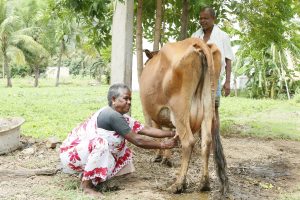 Most of the mothers purchase a cow with their loan and the immediate income from the sale of milk from the cow means they can repay the loan, while also having sufficient money left over for other family purchases and also milk for much-needed family nutrition. They will sell the male calves as Indians don’t generally eat beef. Female calves will go on to become a valuable mother.
Most of the mothers purchase a cow with their loan and the immediate income from the sale of milk from the cow means they can repay the loan, while also having sufficient money left over for other family purchases and also milk for much-needed family nutrition. They will sell the male calves as Indians don’t generally eat beef. Female calves will go on to become a valuable mother.
Today we have a fund of Rs. 12 million or about $150,000. $50,000 of this was provided in the form of a grant by #LCIF. Repayments enable us to issue between 30 and 40 loans every month. The income, in the form of interest and subscriptions, from our mothers, ensures the long-term viability of this program.
Fred Crowe
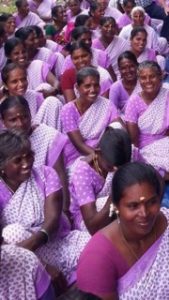 In July, 52 Nandri mothers received life changing micro finance loans which would help them start their own business or give them the finance to send their children to third level education. This programme gives a lifeline to our impoverished mothers and their families. As the mothers pay back their loans each month, these repayments enable us to lend to more than 50 new mothers the following month. The cycle of success of our micro finance loans continues to grow and flourish bringing hope and a future to new families each month. NANDRI, changing lives.
In July, 52 Nandri mothers received life changing micro finance loans which would help them start their own business or give them the finance to send their children to third level education. This programme gives a lifeline to our impoverished mothers and their families. As the mothers pay back their loans each month, these repayments enable us to lend to more than 50 new mothers the following month. The cycle of success of our micro finance loans continues to grow and flourish bringing hope and a future to new families each month. NANDRI, changing lives.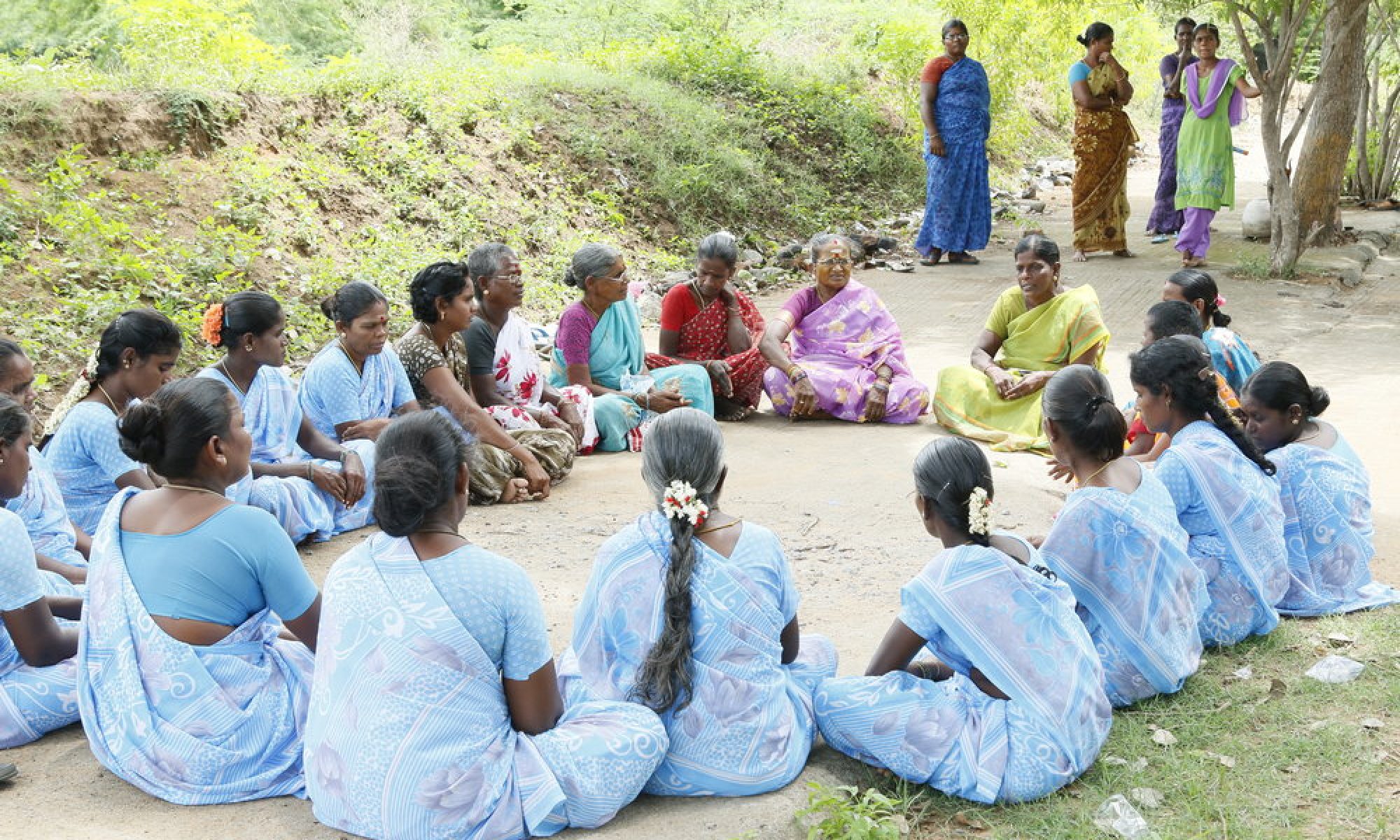

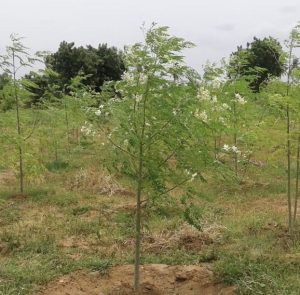
 In 2012 we started our
In 2012 we started our  Most of the mothers purchase a cow with their loan and the immediate income from the sale of milk from the cow means they can repay the loan, while also having sufficient money left over for other family purchases and also milk for much-needed family nutrition. They will sell the male calves as Indians don’t generally eat beef. Female calves will go on to become a valuable mother.
Most of the mothers purchase a cow with their loan and the immediate income from the sale of milk from the cow means they can repay the loan, while also having sufficient money left over for other family purchases and also milk for much-needed family nutrition. They will sell the male calves as Indians don’t generally eat beef. Female calves will go on to become a valuable mother.